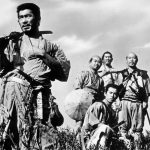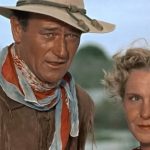One Flew Over the Cuckoo’s Nest (1975)
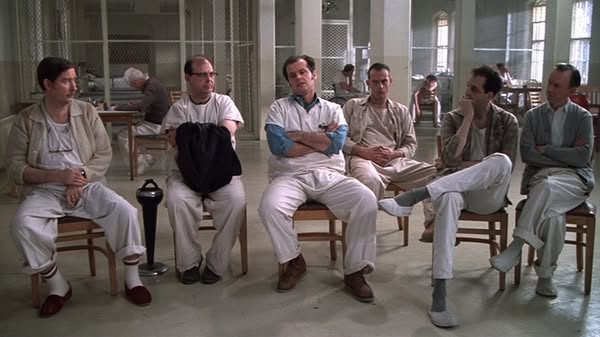
One Flew Over the Cuckoo’s Nest is a 1975 drama film directed by Milos Forman, adapted from Ken Kesey’s 1962 novel of the same name. The film is widely regarded as a classic, notable for its powerful performances and its exploration of themes related to individuality, freedom, and societal control.
The story is set in a mental institution and follows Randle P. McMurphy, played by Jack Nicholson, who fakes insanity to serve his prison sentence in a more comfortable environment. Upon his arrival, he quickly becomes a disruptive influence, challenging the oppressive regime led by Nurse Ratched (Louise Fletcher). Nurse Ratched embodies the authoritarian control of the institution, using manipulation and psychological tactics to maintain order and suppress the patients.
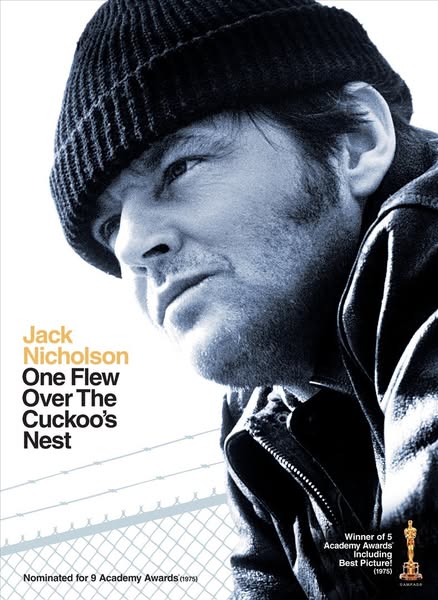
Jack Nicholson’s portrayal of McMurphy is iconic, showcasing his charisma, rebellious spirit, and vulnerability. He becomes a champion for the other patients, encouraging them to assert their individuality and resist the dehumanizing practices of the institution. Nicholson’s performance earned him an Academy Award for Best Actor, solidifying his status as one of the greats.
Louise Fletcher’s performance as Nurse Ratched is equally compelling, representing the cold, calculating nature of institutional authority. Her character’s conflict with McMurphy drives the narrative, as their power struggle escalates throughout the film. Fletcher’s portrayal earned her the Academy Award for Best Actress, making their performances one of the film’s standout elements.
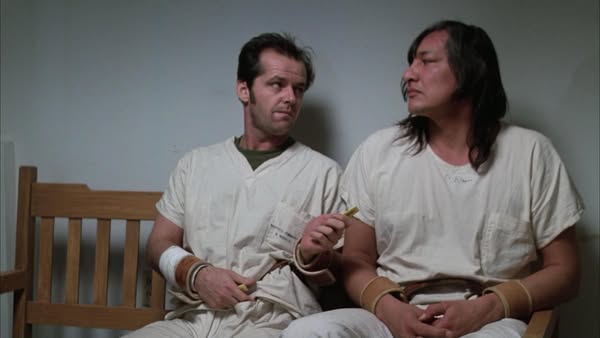
The film’s cinematography, by Haskell Wexler, captures the sterile and oppressive environment of the mental institution, enhancing the emotional weight of the story. The use of close-ups and wide shots allows the audience to connect with the characters’ experiences, highlighting their struggles and moments of triumph.
One Flew Over the Cuckoo’s Nest delves into significant themes, including the nature of sanity, the struggle for autonomy, and the impact of institutionalization on individuals. The film critiques the dehumanizing aspects of mental health treatment in the 1960s and 70s, emphasizing the importance of personal freedom and self-expression.

Upon its release, the film received critical acclaim, winning five Academy Awards, including Best Picture, Best Director, Best Actor, Best Actress, and Best Adapted Screenplay. Its success at the Oscars solidified its place in cinematic history, and it continues to be studied and celebrated for its profound social commentary and memorable performances.
In conclusion, One Flew Over the Cuckoo’s Nest is a powerful and thought-provoking film that explores the complexities of freedom, conformity, and the human spirit. With its exceptional performances, particularly by Jack Nicholson and Louise Fletcher, and its incisive critique of societal norms, the film remains a timeless classic that resonates with audiences today. Its impact on cinema and discussions about mental health and individual rights ensures its place as one of the greatest films of all time.








